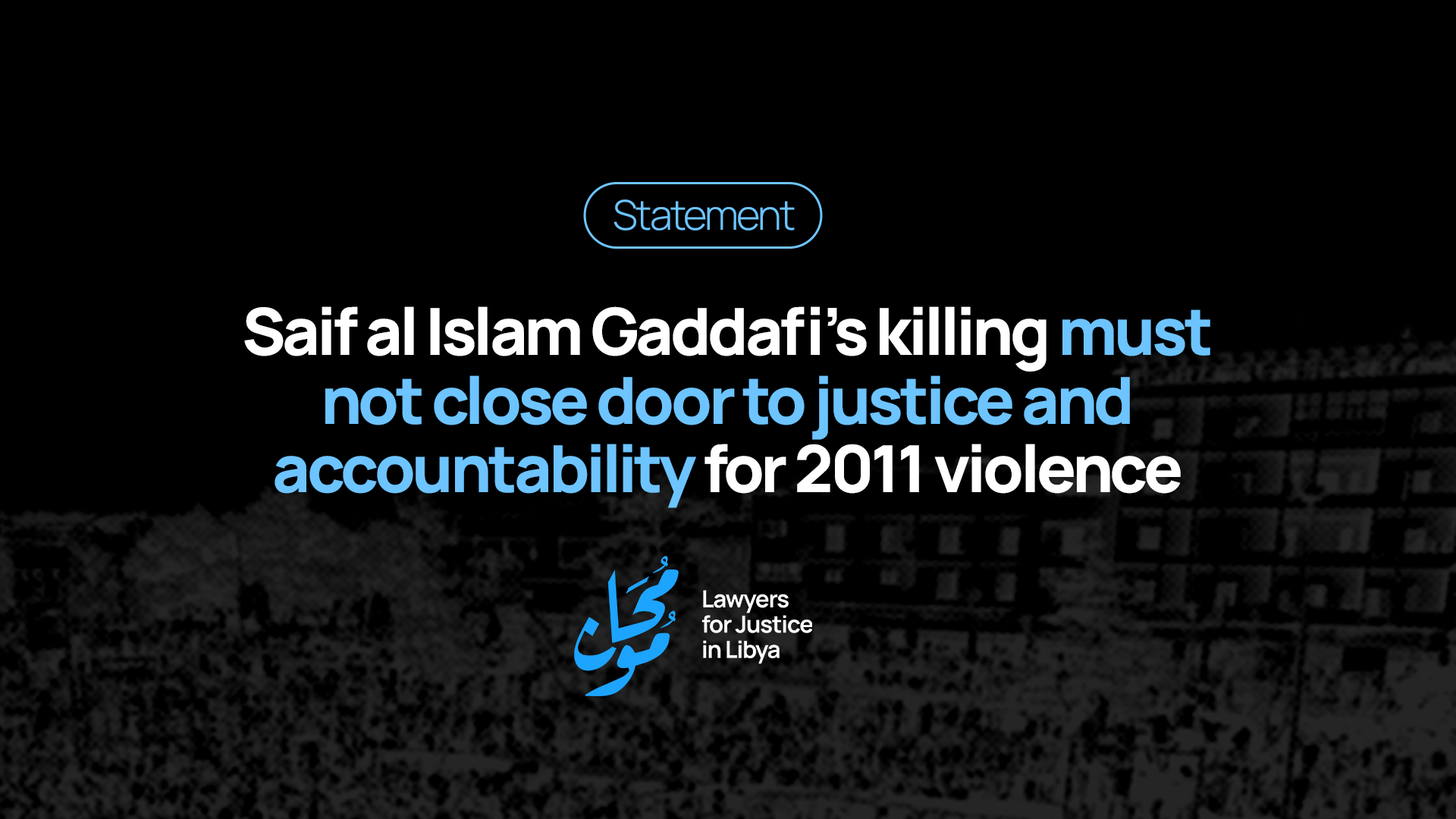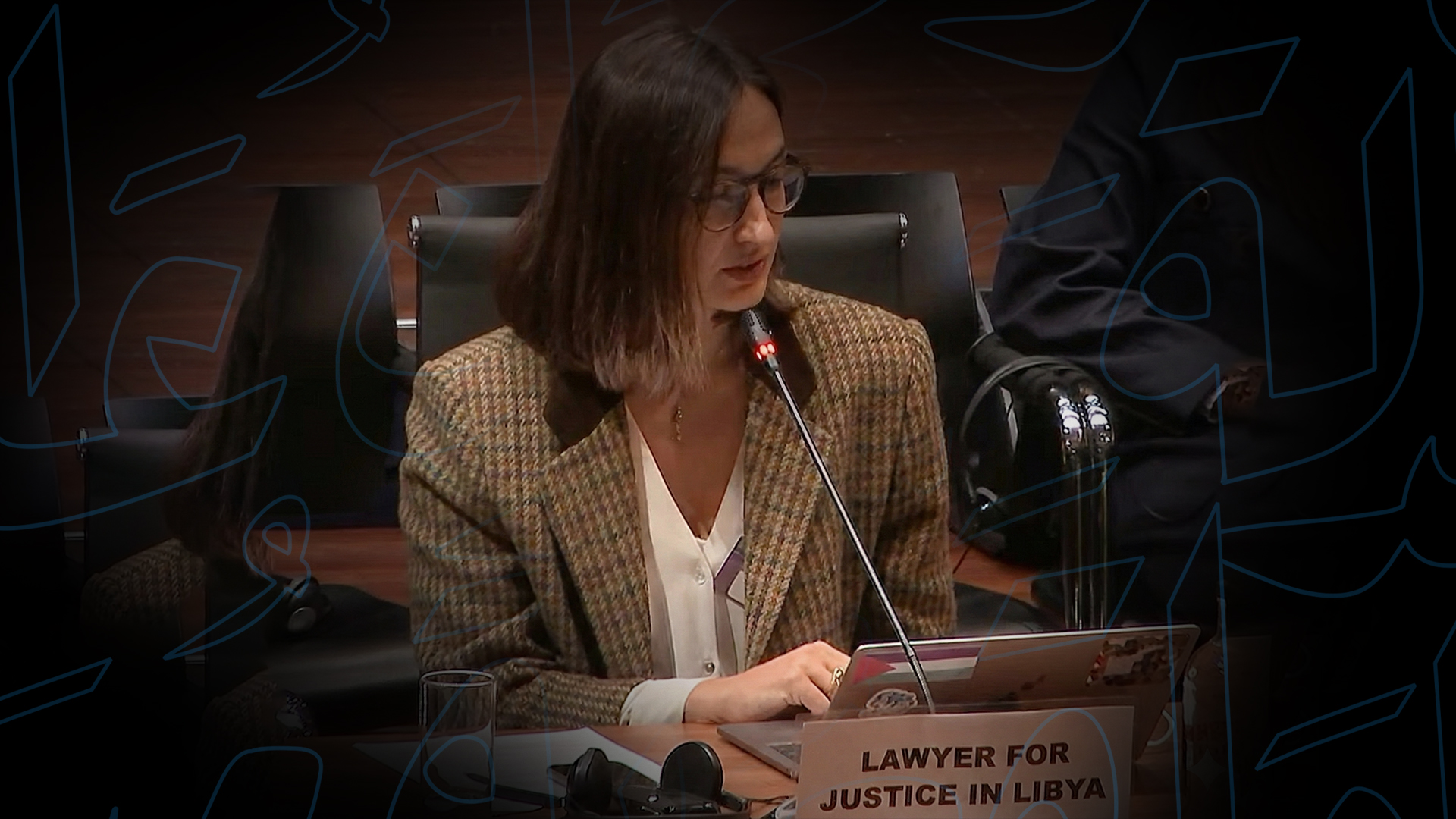Nominations open for Constitutional Assembly Candidates; LFJL focuses on an inclusive and transparent election process
On 6 October 2013, Libya’s High National Election Commission (HNEC) opened the nomination process for candidates seeking to run in Libya’s Constitutional Assembly elections (Elections). Lawyers for Justice in Libya (LFJL) calls on HNEC to focus on an inclusive and transparent election process.
HNEC is responsible for developing the regulations and policies that will govern the Elections, including the drawing of electoral districts. LFJL sees this as an opportunity for HNEC to address and correct the shortcomings in Constitutional Assembly Election Law passed by the General National Congress (GNC) in July. The Constitutional Assembly Election Law allocated only six (6) seats for women, and six seats (6) for linguistic and cultural “components”, including Amazigh, Tebu, and Tuareg groups.
“Although the Law failed to ascertain a satisfactory level of inclusiveness, in particular for women and minority groups, the HNEC has the opportunity to facilitate diverse participation in the Constitutional Assembly,” commented LFJL Director Elham Saudi. “The drawing of the electoral districts will have a substantial impact on the opportunity of all groups to achieve representation on the Constitutional Assembly. The HNEC must ensure districting is done with the sensitivity of the composition of localities. Electoral districts can be drawn around towns and areas that are almost exclusively composed of a single minority group. This will guarantee minority representation in proportion to that groups’ numbers, a measure not accomplished by the Law’s quota,” added Saudi,
LFJL also stresses the need for public outreach and civic education in this critical time. During the Destoori Rehlat Wattan Constitutional Bus Tour, LFJL learned that most citizens were either misinformed or unaware of the constitution-making process and the rights at stake, and most significantly, they did not feel included in the process.
The lack of transparency in the constitution-making process thus far goes hand in hand with a remarkably low level of public inclusiveness. Throughout the process, the government failed to employ mechanisms, which would have allowed for civic input. It is Congress’s sole mandate to facilitate the constitution-making process. Thus far, they have failed to carry out a concerted public education and outreach effort or hold public consultations. In fact, LFJL was the first entity to conduct any kind of civic education on the issue in 25 out of the 37 communities visited during the tour,. We further found that in no community had elected representatives visit constituents with the purpose of public outreach or education since the July 2012 GNC elections.
To ensure active engagement within this short period of time, LFJL calls on the GNC and HNEC to release a transparent timetable for the constitution-making process which allows for opportunities for civil society organisations as well as citizens to get involved in the process. LFJL also encourages Members of the GNC to fulfill their mandate in fostering the constitution-making process and hold town hall meetings with their constituents to educate them on this crucial process.
“The most important message we want to send during this period is the importance of the citizen’s vote and active engagement throughout the constitution-making process in order to develop ownership of the future constitution. Ensuring transparency and inclusiveness of the election and drafting processes are of a key importance to win the trust of Libya's citizens, to foster respect for new institutions and thus to build stable foundations for the constitution-drafting body and the constitution-making as a whole,” added Saudi.





